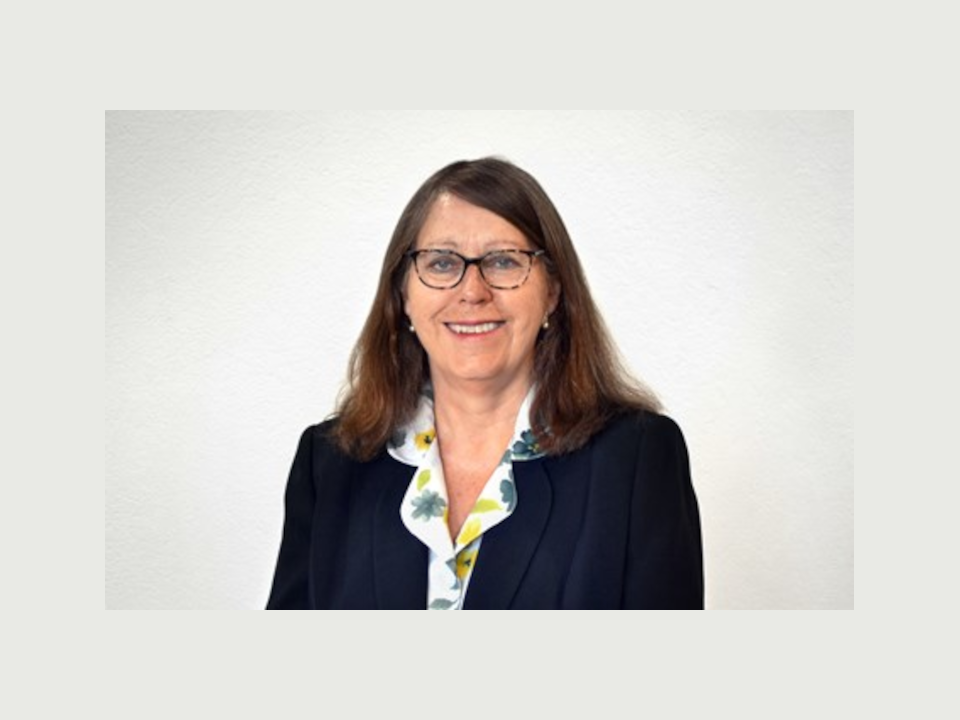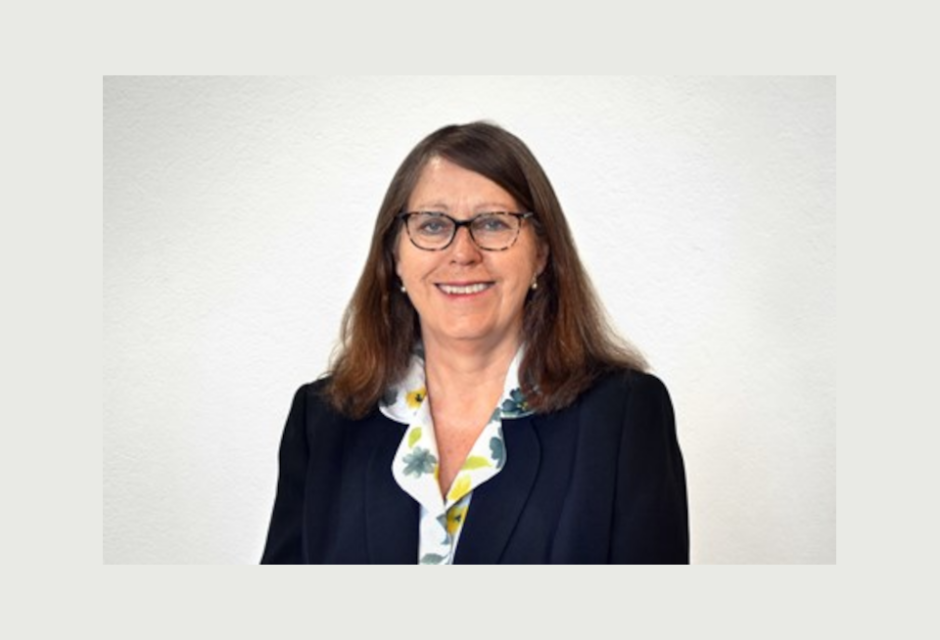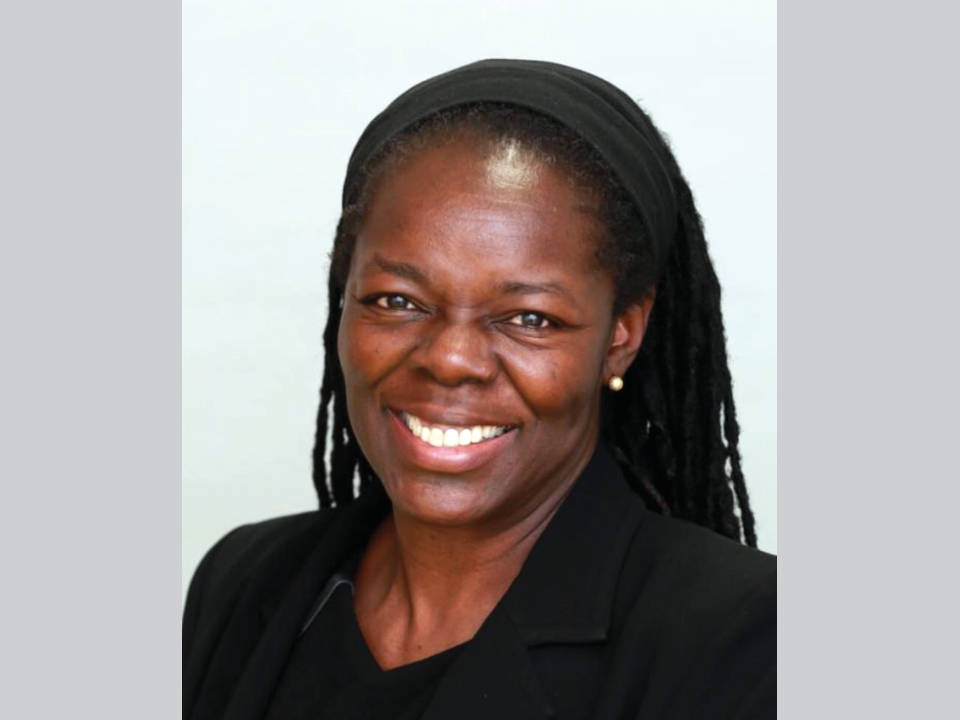
Edwina Grant OBE
Chair of the ADCS Associates Network
I have been thinking about the development and implementation phase we are about to enter when we know about the emergent special education needs and disabilities (SEND) reforms, and how delivery will be influenced by lots of local factors. Most local authority areas will already have a SEND partnership board, or something similar, and in driving any implementation we should not be ‘reinventing the wheel’. However, I wonder whether we are clear on the role and behaviours we hope for when we invite headteachers, parents and carers and voluntary sector representatives to sit on such boards. Do we set out clearly what is expected of them, what support they can expect to receive, and how they are to be inducted into being a representative?
I have been a member on the boards of organisations such as the National Foundation for Educational Research and the Social Care Institute for Excellence, and I knew what my brief was in representing my profession and contributing to the development of the organisation. Are the various people we invite to be representatives on SEND boards as clear? Headteachers sit as representatives of their phase, be it primary, secondary, special or nursery schools, and parents and carers will be representing each other.
The responsibility of the headteacher representation, at its simplest, is to seek views from headteacher colleagues and not to link things too firmly to their own school, yet many will do far more. For parents and carers, there may be a particular reason why they became involved in advocacy, and whilst balancing the strong power of their own ‘lived experience’, their representational role on behalf of others is crucial. In addition, how we ensure the representation of children and young people, using media that appeals to them and to their individuality, is also key.
I recently looked up ‘representation’ and the descriptors tend to focus on democratic representation, which is not quite the same thing. So, as we move towards SEND reforms, some thought may need to be given to representation on local SEND boards and some credit given to the deep understanding that the members will have of the community they represent. If there are significant changes to the legislative offer or to the delivery framework, then we need to carefully consider how broader representation can meaningfully inform these changes and what scope there will be to develop and adapt practice at a local level.





